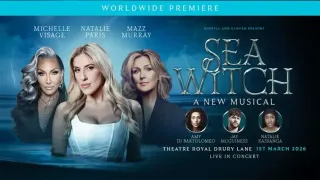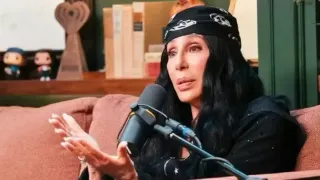December 20, 2017
HIV-Infected Women Not Using Statins as Recommended
READ TIME: 2 MIN.
A new study has shown that HIV-infected women do not use statins as recommended by the most recent guidelines.
Control of blood lipid levels to prevent heart disease is especially important in HIV-positive women, and they may also benefit from the potential anti-inflammatory effects of statins, as described in an article published in AIDS Patient Care and STDs, a peer-reviewed journal from Mary Ann Liebert, Inc., publishers.
In the article entitled "Underutilization of Statins When Indicated in HIV-Seropositive and Seronegative Women," Jonathan Todd, Ph.D., University of North Carolina, Chapel Hill and a national team of coauthors evaluated the use of statins by both HIV-infected and HIV-uninfected women in whom their use is indicated.
Statin use five years after indicated was low for both groups of women, with a rate of 38% for HIV-infected women. New guidelines for statin use released in 2013 increased the percentage of HIV-infected women for whom statin use is recommended from 16% to 45%.
"Despite the fact that HIV-infected individuals in the U.S. may have greater contact with healthcare providers than uninfected individuals of the same age, that is not reflected in consideration of their cardiac health," says Editor-in-Chief Jeffrey Laurence, MD, Professor of Medicine, Weill Cornell Medical College, New York, NY. "This is clearly an important message as a major impediment to reaching a normal lifespan for HIV-positive individuals may be the acceleration of disorders associated with aging, particularly cardiovascular disease."
Research reported in this publication was supported by the National Institutes of Health under Award Numbers U01-AI-103401, U01-AI-103408, U01-AI-035004, U01-AI-031834, U01-AI-034993, U01-AI-034994, U01-AI-103397, U01-AI-103390, U01-AI-034989, U01-AI-042590, U01-HD-032632, UL1-TR000004, UL1-TR000454, R01AI100654, and P30AI050410. The content is solely the responsibility of the authors and does not necessarily represent the official views of the National Institutes of Health.






